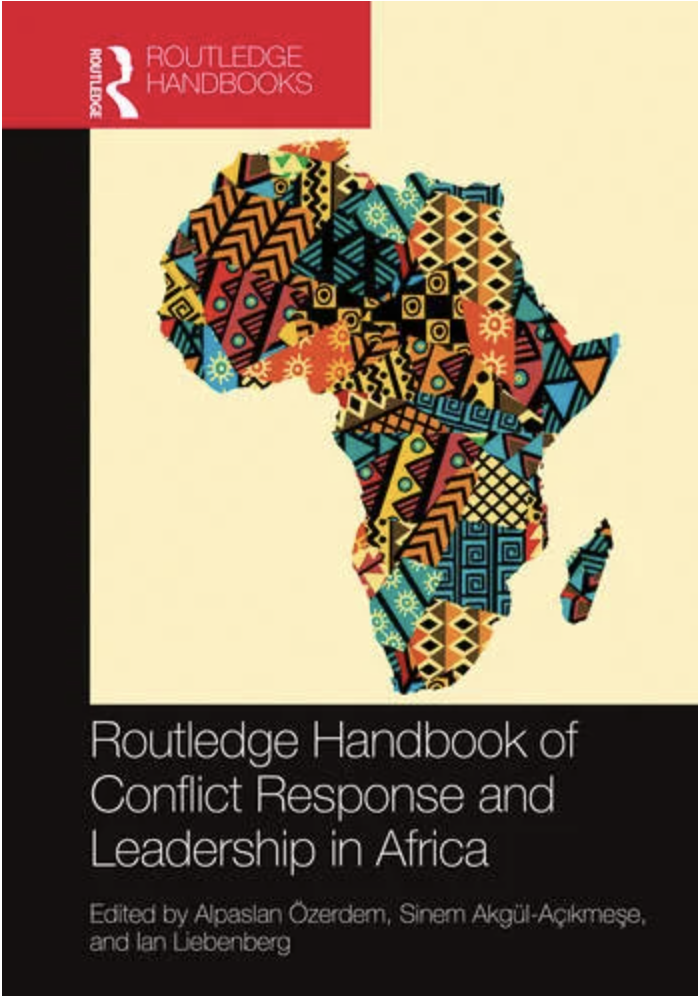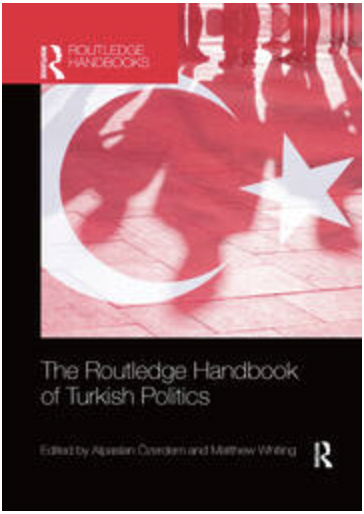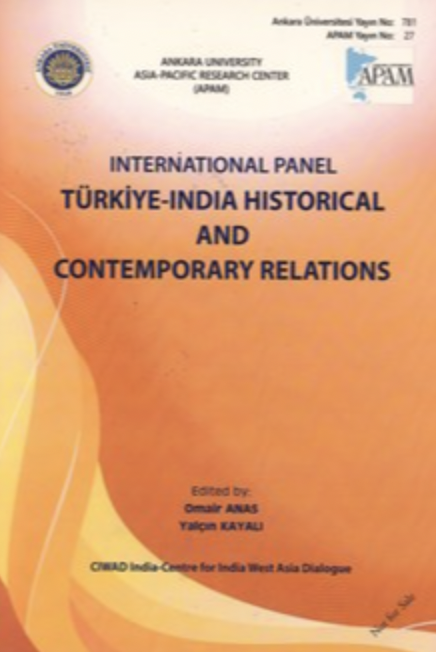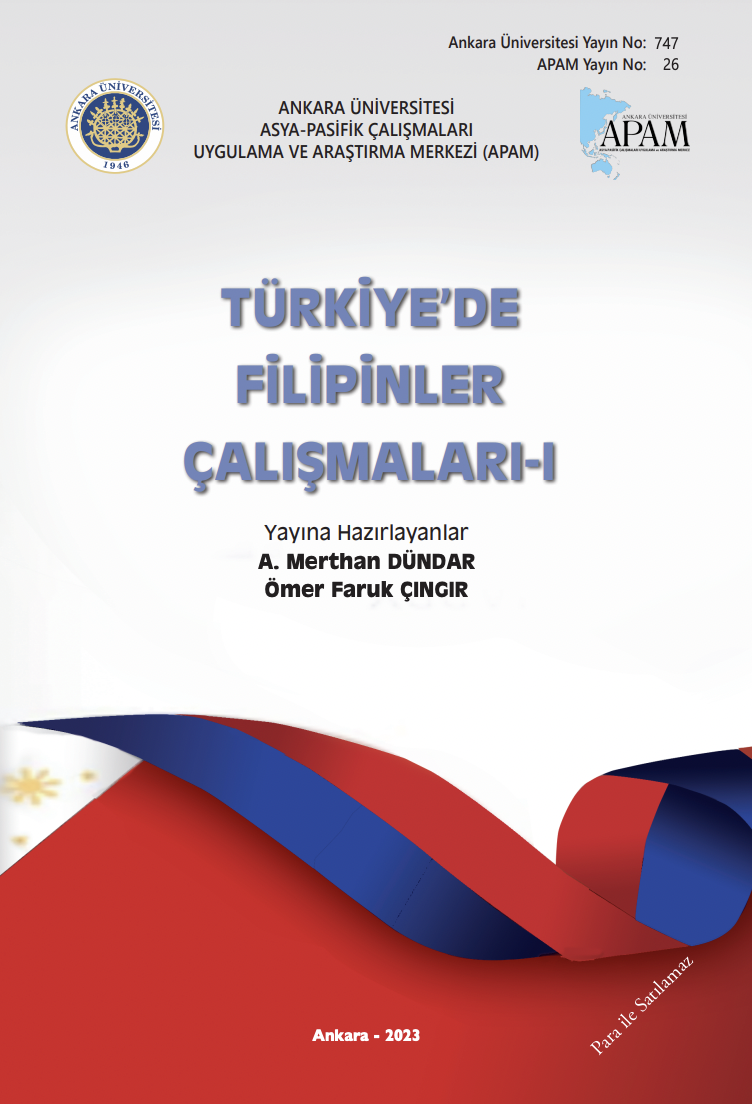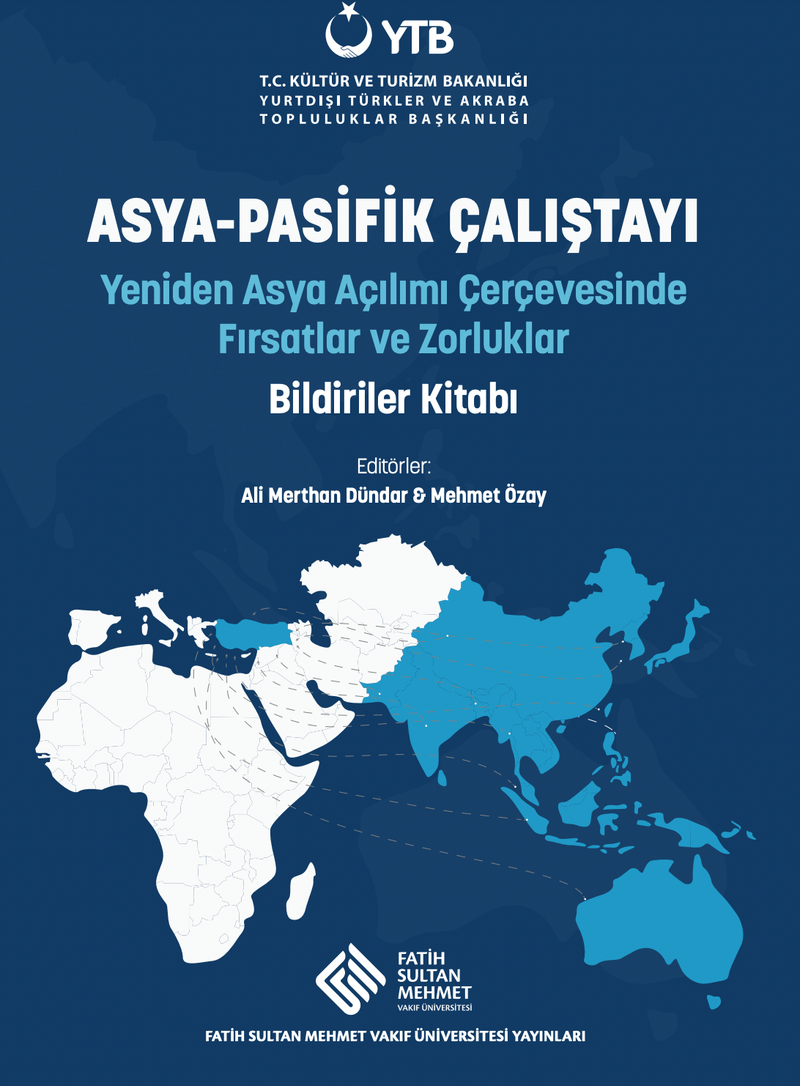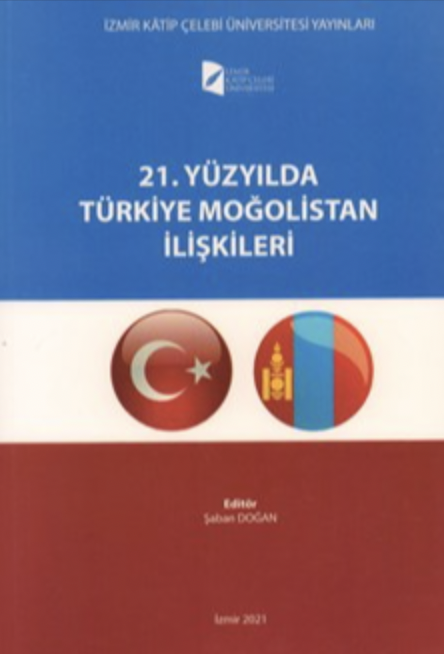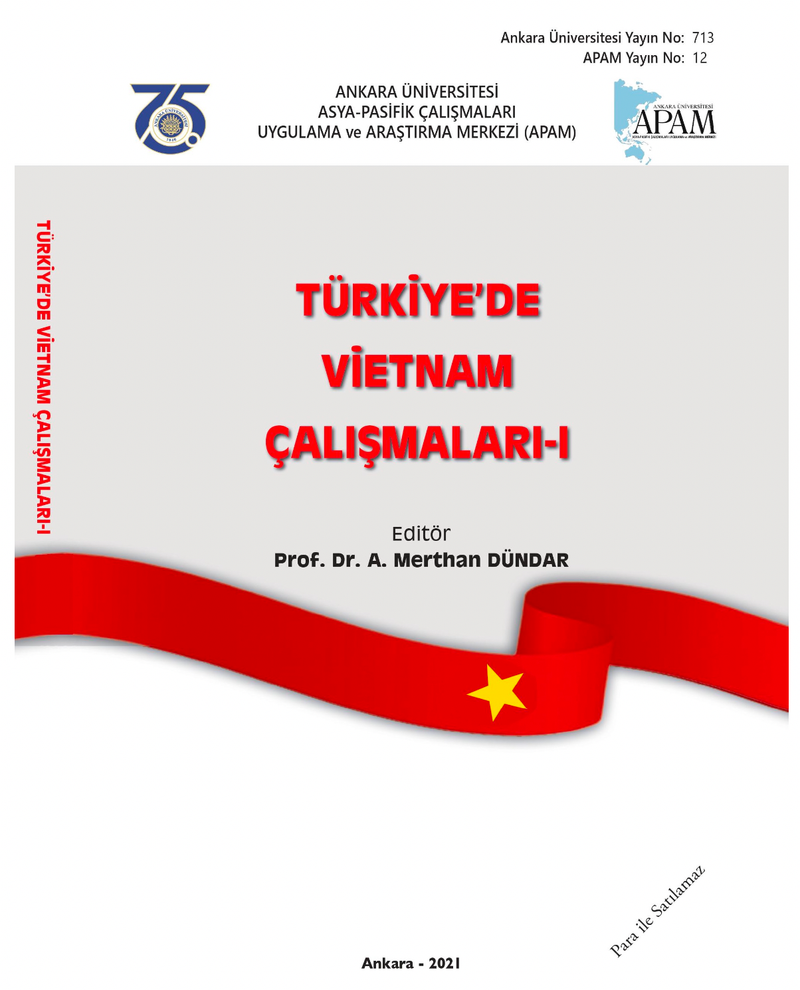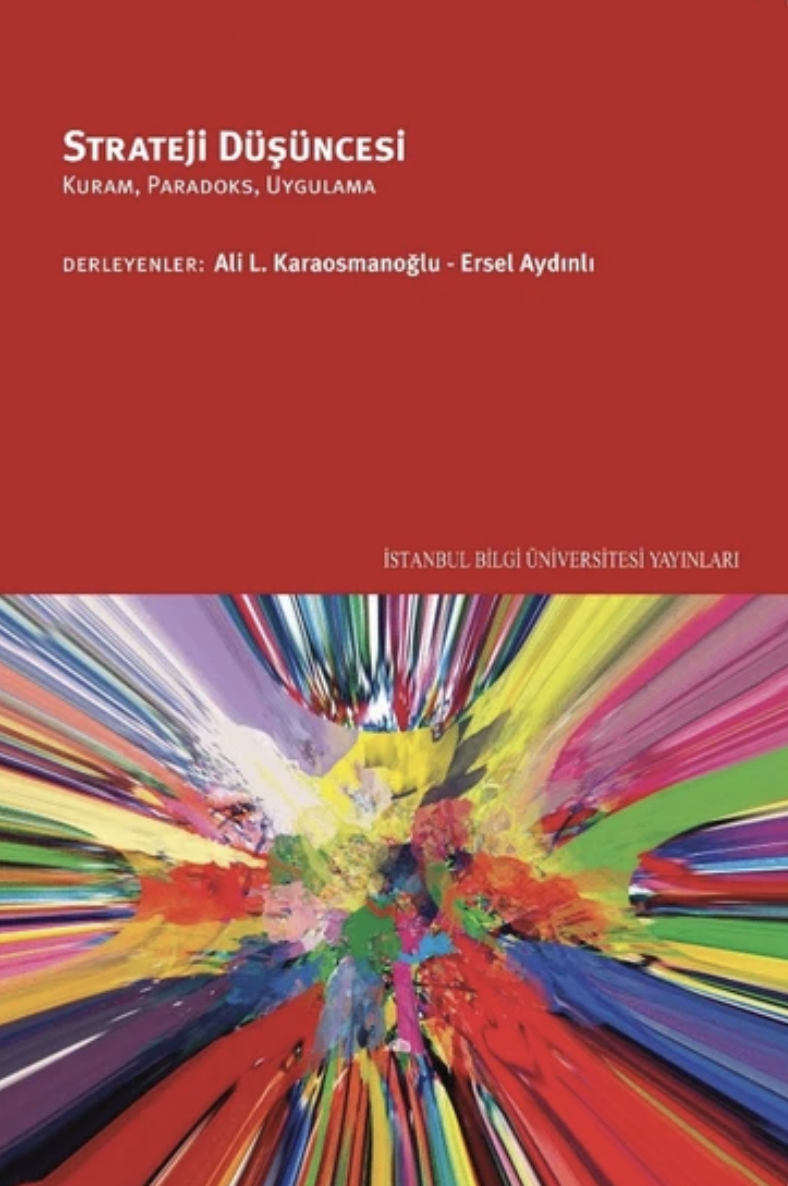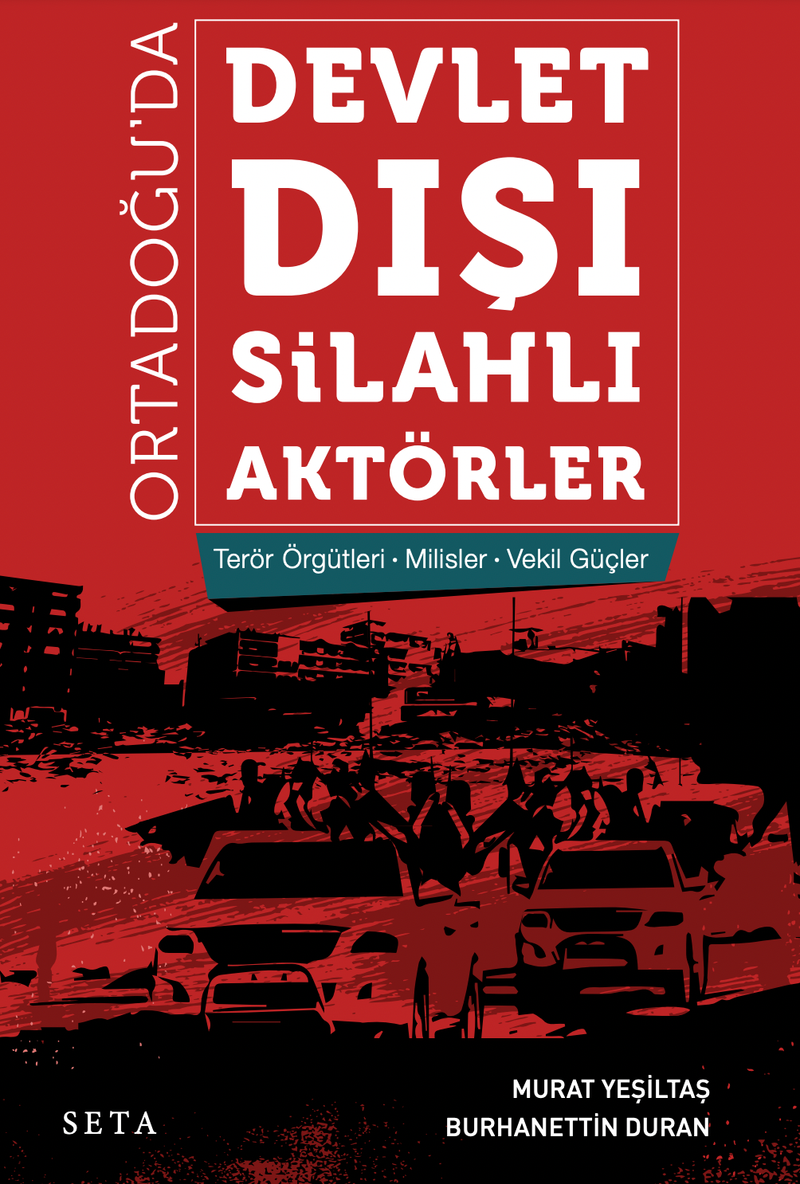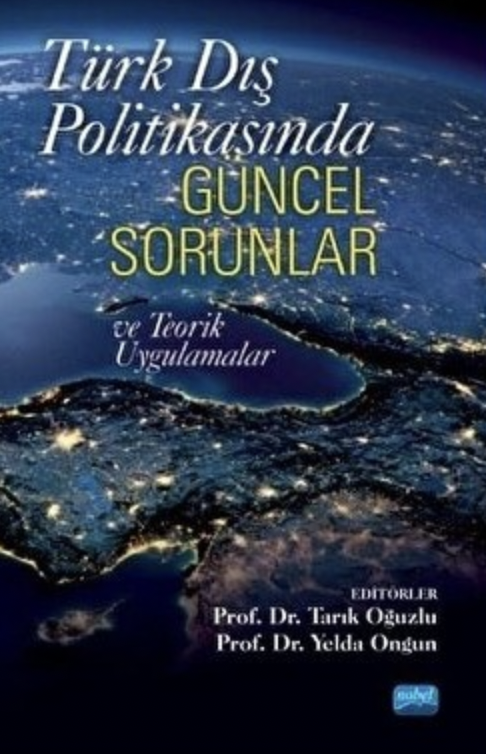Book Chapters
The real history of the People’s Republic of China (PRC) and Africa starts with the Mao Zedong. After the period of World War II, Communist China was standing alone in the international system and that pave the way for China to find international partners. Africa was the region that also suffered from Western capitalism for centuries and was the right address to cooperate with. So, that strategic move in the 1960s opened the doors of Africa to PRC.
Read MorePeacekeeping operations were initiated to sustain global peace and security immediately after World War II with the establishment of United Nations. Today there are two common approaches, Westphalian and post-Westphalian, for the prevailing peacekeeping activities around the world. The Republic of Turkey, one of the supporters of a post-Westphalian model of peacekeeping operations, opened the door for peacekeeping operations with the Korean War against the expansion of Communism. Turkey has subsequently participated in a total of 26 peacekeeping operations and observer missions directly under UN command and other international organisations such as NATO and the OSCE since 1950.
Read MoreRelations between Türkiye and India date back centuries. The Mughal Empire was the last Turkish state to rule in the lands of India, which witnessed power struggles involving various Turkish tribes in certain periods of history. The geography of India came under the domination of the British from the 18th century, who held the administration of these lands until the end of the World War II.
Read MoreIn the 16th century, the Philippines fell under Spanish rule, and by the early 20th century, it came under American control. After World War II, the United States recognized the independence of the Philippines. Ferdinand Marcos, elected as president in 1965, dominated the country’s political landscape until his overthrow in 1986. Today, the Republic of the Philippines, an archipelago, has emerged as a significant political force in Southeast Asia. A founding member of the United Nations, the Philippines is also part of the World Trade Organization, ASEAN, and the East Asia Summit. It has periodically allied with the USA, playing crucial roles in regional peace and cooperation.
Read MoreIn the developing information and technology environment, third wave societies are called “telecommunication societies” as Alvin Toffler calls them. Such a rapidly spreading communication environment will, of course, play an active role in relations between societies. Since the second half of the 20th century, the spread of mass media has begun to reveal the superiority of the technologically strong over the weak. The concept of public opinion, which emerged in the sense of end-users, has become increasingly important. Governments began to submit to the will of public opinion, whether they wanted to or not. Although it was not yet named at the time, after the end of World War II, with the Cold War, foreign policy tools, later called soft power, came into force. The concept called “Public Diplomacy” is nothing else but the spillover of these rapid developments into the field of international relations.
Read More